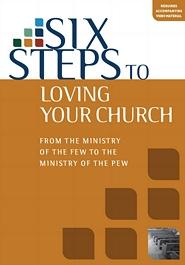NSW government schools’ ‘scripture’ (more formally, Special Religious Education) is where students receive instruction in a faith given by members of that faith.
I spoke recently at a scripture teacher commissioning, and we looked at Mark 12:13-17. I suggested that it’s OK that Jesus sparks controversy and difficult questions – Jesus is more than capable of facing any challenge thrown his way. The task of Christians, I think, is simply to be publicly amazed at Jesus.
The task of Christians, I think, is simply to be publicly amazed at Jesus.
I finished with four bits of advice for being a scripture teacher in a government school. Perhaps they apply to any Christian in any position in any school. What do you think?
- In schools, be present as a visible and available representative of Christians and churches. Representing us is a serious matter. Don’t let us down!
- In schools, be present as a Christian in a existing vibrant community. Each school has its own real community of people and values. Be a Christian who can understand that culture, appreciate it, and contribute to it
- In schools, be present as a speaker for Jesus Christ and about Jesus Christ. Jesus’ influence on our society is great, therefore Jesus repays serious study by everyone. Schools teach and learn – so teach clearly that people may learn. Some learners will turn to Jesus. Fantastic! We don’t, however, control people but we do control our teaching
- In schools, be present for all: Christian and non-Christian; interested and uninterested; enquirer and mocker; student, staff or family





